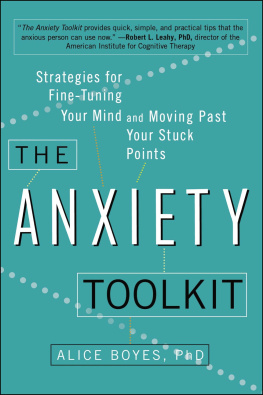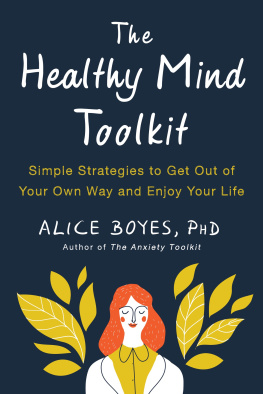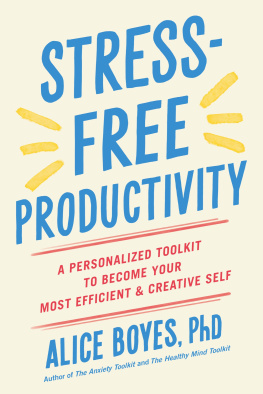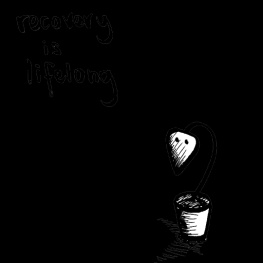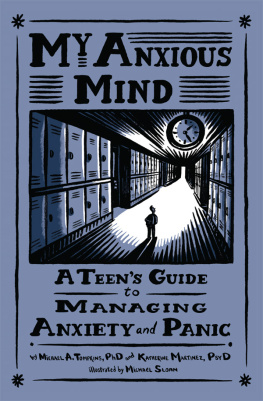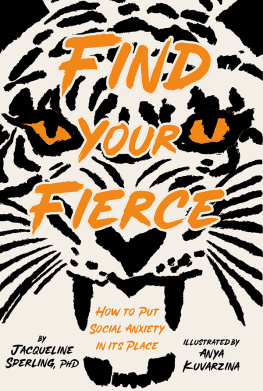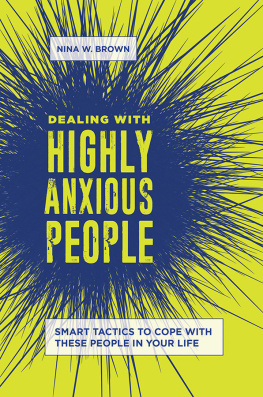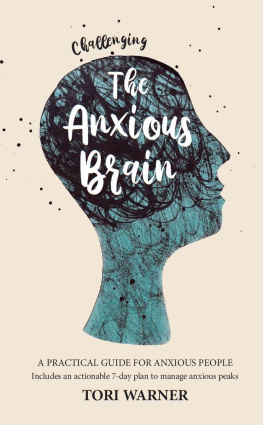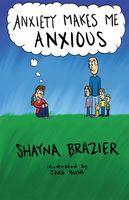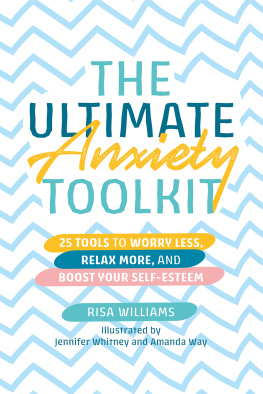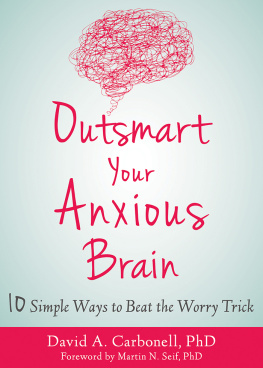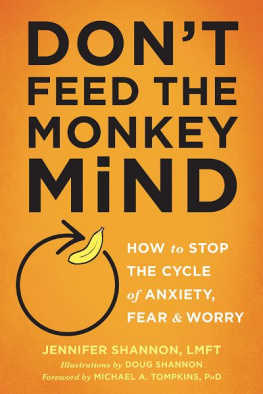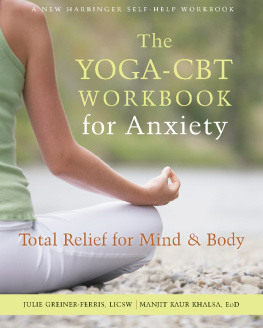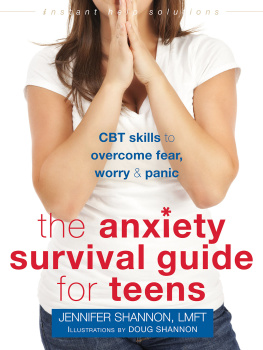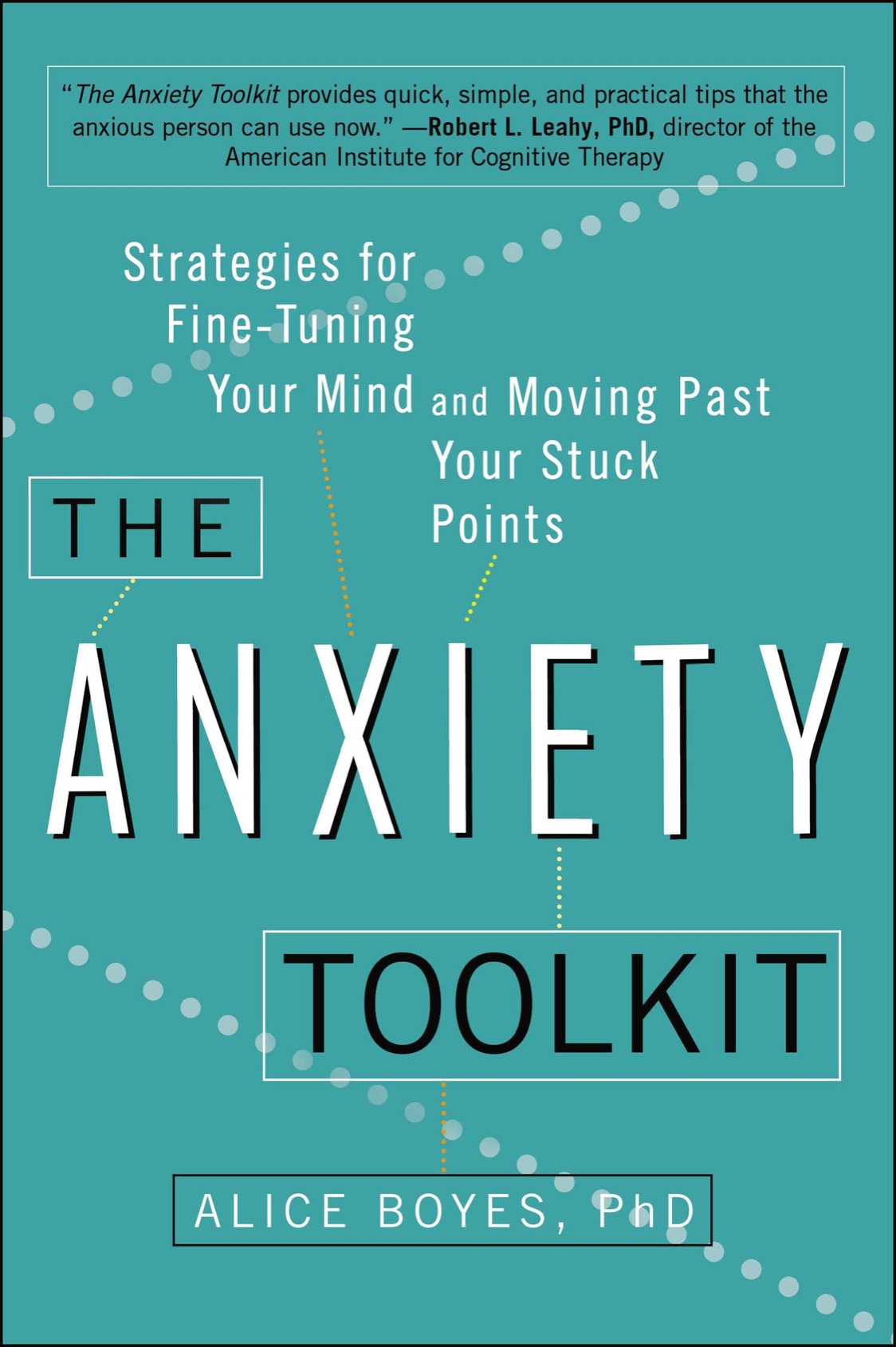Praise for
THE ANXIETY TOOLKIT
The Anxiety Toolkit provides quick, simple and practical tips that the anxious person can use now.
Robert L. Leahy, PhD, director of the American Institute for Cognitive Therapy
In this innovative handbook, Dr. Boyes identifies common habits that underlie different types of anxiety. She then offers clear strategies to drop the fight and become more gentle with ourselves. If anxiety has limited your life in any way, this book is an excellent place to start the healing process.
Christopher Germer, PhD, clinical instructor at Harvard Medical School, coeditor of Mindfulness and Psychotherapy, and author of The Mindful Path to Self-Compassion
The Anxiety Toolkit is an investment in wellness. Based on years of clinical practice and research, Dr. Alice Boyes has written a real-world roadmap for all of us who struggle with making decisions and feeling stuck.
Chris Guillebeau, New York Times bestselling author of The Happiness of Pursuit and The $100 Startup
A PERIGEE BOOK
Published by the Penguin Group
Penguin Group (USA) LLC
375 Hudson Street, New York, New York 10014

USA Canada UK Ireland Australia New Zealand India South Africa China
penguin.com
A Penguin Random House Company
Copyright 2015 by Alice Boyes
Penguin supports copyright. Copyright fuels creativity, encourages diverse voices, promotes free speech, and creates a vibrant culture. Thank you for buying an authorized edition of this book and for complying with copyright laws by not reproducing, scanning, or distributing any part of it in any form without permission. You are supporting writers and allowing Penguin to continue to publish books for every reader.
PERIGEE is a registered trademark of Penguin Group (USA) LLC.
The P design is a trademark belonging to Penguin Group (USA) LLC.
Library of Congress Cataloging-in-Publication Data
Boyes, Alice.
The anxiety toolkit : strategies for fine-tuning your mind and moving past your stuck points / Alice Boyes.
pages cm
ISBN 978-0-698-15475-9
1. AnxietyPopular works. 2. AnxietyTreatmentPopular works. I. Title.
RC531.B68 2015
616.85'22dc23 2014040065
First edition: March 2015
Neither the publisher nor the author is engaged in rendering professional advice or services to the individual reader. The ideas, procedures, and suggestions contained in this book are not intended as a substitute for consulting with your physician. All matters regarding your health require medical supervision. Neither the author nor the publisher shall be liable or responsible for any loss or damage allegedly arising from any information or suggestion in this book.
While the author has made every effort to provide accurate telephone numbers, Internet addresses, and other contact information at the time of publication, neither the publisher nor the author assumes any responsibility for errors, or for changes that occur after publication. Further, the publisher does not have any control over and does not assume any responsibility for author or third-party websites or their content.
Most Perigee books are available at special quantity discounts for bulk purchases for sales promotions, premiums, fund-raising, or educational use. Special books, or book excerpts, can also be created to fit specific needs. For details, write: Special.Markets@us.penguingroup.com.
Version_1
CONTENTS
A note on the client examples presented here:
Client examples included in this book are composites of multiple clients, and details have been changed to protect peoples privacy. References to my clinical practice are based on my work in New Zealand from 2008 to 2013.
Disclaimer:
The content of this book is intended for general information purposes only and not as a substitute for individual therapy. Not all of the advice may be right for you.

PART 1

Understanding Yourself and Your Anxiety
CHAPTER 1
How Anxiety Works
Does any of this sound familiar?
- You overthink before taking action.
- Youre prone to making negative predictions.
- You worry about the worst that could happen.
- You take negative feedback very hard.
- Youre self-critical.
- Anything less than extraordinary performance feels like failure.
If yes, youre not alone, and youre probably suffering from some degree of anxiety. Anxiety is an emotional state characterized by feelings of worry, nervousness, and unease. Anxiety disorders affect 40 million Americans over the age of 18, and everyday anxiety affects a far greater number.
Based on research, we know that similar psychological mechanisms underlie all types and degrees of anxiety, even if forms of anxiety can look very different on the surface. No matter how your anxiety manifests itself, youll find the information youre about to read relevant and useful, whether you have an anxiety disorder or are, like me, just anxiety-prone by nature.
How Anxiety Works
Anxiety shows up as a variety of symptoms, from behavioral and emotional to physical and cognitive (which just means thoughts). No anxious person has the exact same set of symptoms, but everyone has some of each type. See the table on the next page for examples of each component.
Although anxiety can sometimes seem like a flaw, its actually an evolutionary advantage, a hypervigilance system that causes us to pause and scan the environment. Feeling anxious triggers us to start looking out for potential threats. If you detect a potential danger, its not supposed to be easy for you to stop thinking about that threat. While thats great when youre a caveman worried about protecting your family, its not as great when youre an employee convinced youre getting fired.
For many of us who suffer from anxiety, our anxiety alarms fire too often when there isnt a good reason to be excessively cautious. Why does this happen? We may have more sensitive anxiety systems. Or we may have been doing things to decrease our anxiety in the short term, such as avoiding things that make us feel anxious, that have actually increased it in the long term.
The Four Components of Anxiety | Examples |
Behavioral component | - The urge to put off important but anxiety-provoking tasks
- The urge to keep seeking information rather than act
- The urge to wait for a go signal from someone else before acting
|
Emotional component | - Feeling nervous, worried, or apprehensive
|
Physical component | - Increased heart rate, sick feelings in your stomach
|

